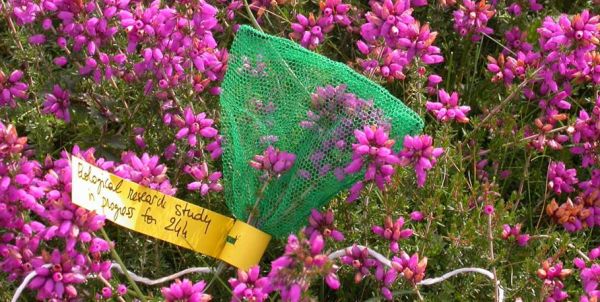
Improving rainfall and flooding predictions
The University of Leeds is a partner in a new research project to improve our understanding of rainfall and flood predictions in Scotland.

The University of Leeds is a partner in a new research project to improve our understanding of rainfall and flood predictions in Scotland.

The first Britain-wide assessment of the value of wild flowers as food for pollinators shows that decreasing resources mirror the decline of pollinating insects.

Around 10% of UK primary care patients prescribed antidepressants for depression or anxiety have undiagnosed bipolar disorder, a study has found.

A rich collection of rare manuscripts and books forms a special public display of treasures at the University of Leeds' new £1.9m gallery.

University of Leeds researchers are part of a project to transform the UK’s pharmaceutical industry by introducing new digital design processes.

Breast cancer survivors treated with chemotherapy could be vulnerable to common illnesses because of the long-term impact on the body’s immune response, according to new research findings.

Leeds University Union is the first students’ union in the UK to be awarded an ‘Excellent’ status by the National Union of Students (NUS) as part of its Quality Students' Unions accreditation scheme.
The University has submitted its response to Fulfilling our Potential: Teaching Excellence, Social Mobility and Student Choice.
University of Leeds statement: Freedom of Expression

BRITISH retailers are missing out on opportunities for growth overseas and should use franchising to expand into emerging markets, a new report has found.